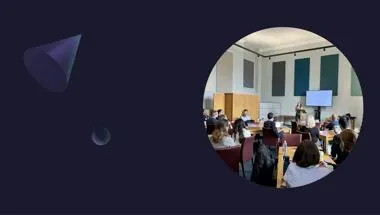
Dr Özlem Ipek
Senior Lecturer of MRI Engineering
Research interests
- Imaging sciences
Biography
Dr. Özlem Ipek is a Senior Lecturer of MRI Engineering in the Department of Biomedical Engineering, School of Biomedical Engineering & Imaging Sciences. She has over twelve years of experience on the development of 7 Tesla MRI parallel-transmit (PTx) radiofrequency (RF) technology and MRI safety management.
Prior to King’s, she worked as a Research Assistant in the Department of Radiology and Radiotherapy at UMC Utrecht, Netherlands (2008-2012), and as a Scientist and Managing Director of RF lab at the École Polytechnique Fédérale de Lausanne (EPFL), Switzerland (2013-2018). She was awarded a PhD in Biomedical Sciences at Utrecht University, Netherlands (2014), Engineering (ir.) and a MSc degree in Applied Physics, Eindhoven University of Technology (TU/e), Netherlands (2008), and a BSc degree in Physics at METU, Ankara, Turkey (2005).
Her key expertise lie in developing, designing and prototyping MRI hardware for low field to ultra-high filed MRI for human head, extremities, pelvis and whole-body imaging, and electromagnetic field simulations and measurements of medical devices. She is leading an MRI engineering research programme at King’s College London and its associated RF lab. She is a chair of the ESMRMB (European Society for Magnetic Resonance in Medicine and Biology) Early Career Researcher’s Committee, and a member of executive board of ESMRMB since 2019.
Özlem is also a course teacher on the Advanced Physics and Biophysics of Magnetic Resonance Imaging module and course leader of the Signals and Systems module at King's.
Research

King's Epilepsy Research Collective (KERC)
The King’s Epilepsy Research Collective (KERC) provides a platform for researchers from all of King’s faculties to meet and discuss research and to support collaborative activities.
Research

King's Epilepsy Research Collective (KERC)
The King’s Epilepsy Research Collective (KERC) provides a platform for researchers from all of King’s faculties to meet and discuss research and to support collaborative activities.
